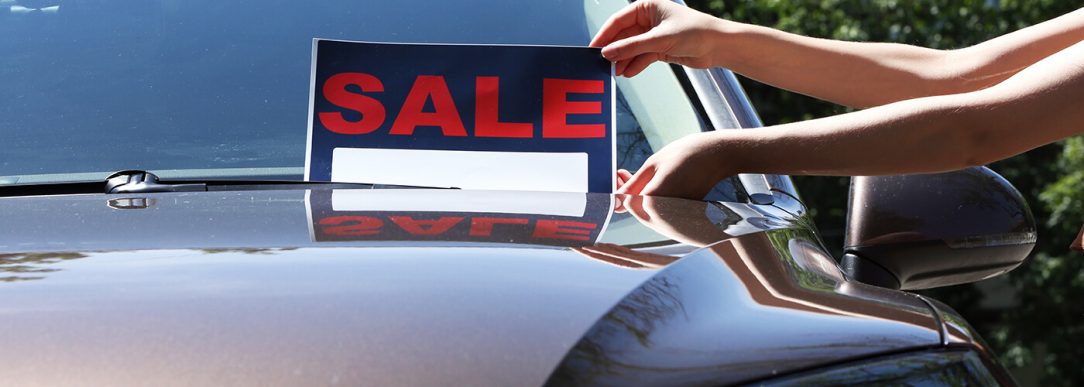There’s no way around it: being in financial debt is one of the biggest hardships one can endure. The good news is that there is always a way out. But with so many different options, knowing which path to take can feel overwhelming.
In this article, we’ll give you some useful frameworks to help shape the way you think about money, debt, and fresh starts.
Got Debt? You Aren’t Alone

Source: finred.usalearning.gov
When you’re drowning in debt, it’s easy to feel like you’re the only one. You scroll through your Instagram feed and it looks like everyone else is living their best life. Friends are taking vacations, buying houses, trading in old vehicles for the latest Tesla models, and sharing videos of carefree weekends out at posh restaurants and trendy bars.
When you contrast the social media extravagance against your own harrowing financial situation, it’s tempting to feel like there’s no way out. But do you want to know the truth? The majority of people you see in your news feed are struggling, too.
Some of them might even be in a more dire financial situation than you are – they’re just trying to spend their way out of it and put on a face that says, “ Nothing to see here! Everything is okay! ”
Don’t believe it? Take a look at the latest consumer debt statistics from Debt.org. Here are just a few takeaways:
- U.S. consumer debt grew by $800 billion in 2020 (a 6 percent year-over-year increase from 2019, and the highest annual growth rate in more than a decade).
- The average American has $90,460 in debt.
- Gen X (ages 40 to 55) has the highest average debt ($140,643), while Baby Boomers ($97,290) and Millennials ($87,448) follow behind.
- The average debt to income ratio (a key indicator of financial health) is on the rise. Most financial advisors recommend keeping this ratio below 30 percent.
- The average credit card debt is $5,668 per credit cardholder.
Hopefully, those statistics start to paint a more accurate picture of debt in the United States. And while misery loves company, don’t let the normalcy of debt convince you that it’s healthy or smart.
If you’re drowning in credit, it’s certainly impacting your mental health, physical health, career opportunities, investment opportunities, future retirement, and happiness. It’s time to create a plan for finding a life of freedom beyond debt.
4 Tips for Escaping Debt and Getting a Fresh Start
If you have a credit card debt, student loan, medical debt, or even an oversized mortgage that you’re struggling to pay off, it can feel hard to breathe. No matter what else is going on in your life, you have this underlying feeling of dread and despair. But if you’re willing to put your head down and be proactive about your credit, there’s always a way out.
One option is filing for bankruptcy. According to Dozier Law Firm , you can usually file for Chapter 7 bankruptcy and wipe out all unsecured debt (like credit cards and medical bills) while still keeping major assets, like your house.
If your situation isn’t dire enough to file for bankruptcy, or you’d prefer not to have a bankruptcy declaration on your credit report, there are other options for digging your way out.
Here are some tips for escaping credit and finding financial freedom:
1. Get on a Budget

Source: clearpointstrategy.com
This might sound boring, but the best thing you can do is get on a budget. In fact, you could go so far as to say it’s impossible to get out of debt without being on a budget.
A budget allows you to account for every penny that comes into your bank account and every penny that leaves. Plus, it shows you precisely where this money is going. In other words, it forces you to come face to face with how much money you’re spending on car payments, dinners out, Amazon shopping, etc.
When getting on a budget, spend the first month simply tracking what you spend. In the second month, analyze this spending and update your budget to reflect a more intentional approach.
Start with what financial experts call the four walls of budgeting. These are the basic expenses that you need to survive: food, utilities, shelter, and transportation. Once these items have been added, you can focus on using the leftover dollars to pay for everything else.
2. Stop the Bleeding

Source: unsplash.com
You can’t do anything about the debt you’ve already accumulated. You’re on the hook for paying that money back. But you can stop the bleeding and prevent your credit from getting larger. One way to do this is by cutting back on all extras and removing temptations.
For example, start making coffee at home instead of downing $5 lattes at the local coffee shop every morning. And if your grocery bill always ends up costing you $50 or $75 more than you anticipate, try shopping online and doing a grocery pickup. This allows you to add and remove items until your bill is right where it needs to be.
Want to get aggressive with your approach? Cut up your credit cards so you can’t use them to rack up any new credit. Use a debit card to ensure you only spend money that you already have.
3. Sell Everything

Source: brentbrowntoyota.com
Sell anything and everything you can. Whether it’s cars, houses, boats, power tools, jewelry, or nice clothing that you don’t really need, we all have possessions that can be liquidated and used to pay down debt. It might not be fun, but it’s necessary.
4. Pay More Than the Minimum

Source: unsplash.com
You have to stop paying the minimum on credit cards, medical bills, and student loans. Put your debts in order from smallest to largest and start aggressively paying down the ones that have the lowest amount.
Once you knock out one debt, move on to the next. Eventually, you’ll get to a point where you only have a couple of large debts (like a house or vehicle). At this point, you’re able to aggressively throw all of your money at those debts.
Don’t Let Debt Hold You Back Anymore
It doesn’t have to be a weight around your neck. With the right strategy and a little sacrifice, you can begin to loosen the financial chains that bind you and discover freedom beyond debt.




